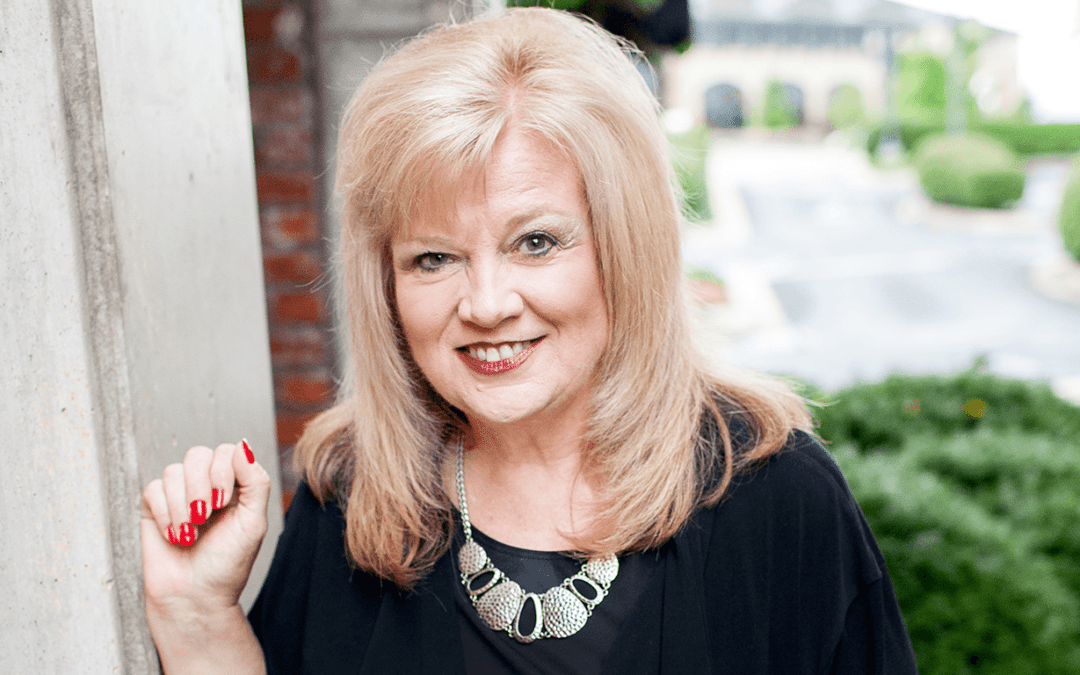Examine yourselves to see if your faith is genuine. Test yourselves. Surely you know that Jesus Christ is among you; if not, you have failed the test of genuine faith. As you test yourselves, I hope you will recognize that we have not failed the test of apostolic authority.” (2 Corinthians 13:5,6) NLT
One of the things I have learned that is an absolute necessity for growth is “spiritual assessment.” Time and time again we are asked by God to examine ourselves, look at ourselves to make sure that our faith is genuine. In other words, real. It is real enough to make a difference.
The CEO of a major firm once confessed: “I have a banker to keep me solvent, a lawyer to keep me legal, and a doctor to keep me healthy, but I have no one to help assess my spiritual condition.” I had never thought about such a thing: a “spiritual audit.”
Here are a few questions we can ask ourselves while examining our faith:
1. Am I content with who I am becoming? Every day I get one day closer to who I will ultimately be. Am I satisfied with who I will be?
2. Am I becoming less religious and more spiritual? The Pharisees were religious; Christ is spiritual. After years of involvement in organized religion, I often feel the shallowness of the experience, the restriction of the rules, and hunger for something truly spiritual in a relation with Christ.
3. Does my family recognize the authenticity of my spirituality? They see me as whole. I must believe that if I am growing spiritually, my family will recognize it.
4. Do I have a “flow-through” philosophy? Scripture says, “He that believeth in me, out of his innermost parts will flow rivers of living water.” The freshness is in the flow. If I have been blessed with leadership, that blessing should flow out of my life.
5. Do I have a quiet center in my life? Every Christian should have a quiet center that nothing can disturb. François Fenelon said, “Peace is what God wants for you no matter what is happening.”
6. Have I defined my unique ministry? Do I know what I can do effectively? The need is always bigger than any person can satisfy, and so my call is simply to handle the part of the need that is mine to do.
7. Is my prayer life improving? I cannot evaluate when I am a “man of prayer,” but I can perceive progress if I am making it. One test is: Do my decisions have prayer as an integral part?
8. Have I maintained genuine awe of God? Awe overwhelms; it inspires worship.
9. Is my humility genuine? Nothing is so arrogant as false humility. Two definitions of humility I like: “Humility is accepting your strength with gratitude,” and “Humility is not denying the power that you have, but admitting the power comes through you, not from you.”
10. Is my spiritual feeding the right diet for me? I’ve stopped calling my reading time “a devotion.” I call it “a feeding time,” for it is when my soul gets fed.
11. Is obedience in small matters built into my reflexes? Do I try to bargain with God or rationalize with him? Obedience largely determines my relation with Christ following new birth.
12. Do I have joy? Joy is promised to me. If the relation to Christ is right, I will have it. God expects me to live my life pursuing excellence. Life is too short to live in mediocrity. We live in a society that has fallen into this mediocrity attitude. The church can rightly be accused of being mediocre as well. We come to church occasionally, we give, this seeking to excel in my relationship God, well that’s another story.
As a leader I vow to never stop growing!
“For this very reason, make every effort to add to your faith goodness; and to goodness, knowledge; and to knowledge, self-control; and to self-control, perseverance; and to perseverance, godliness; and to godliness, brotherly kindness; and to brotherly kindness, love. For if you possess these qualities in increasing measure, they will keep you from being ineffective and unproductive in your knowledge of our Lord Jesus Christ.” (2 Peter 1:5-8) NIV
Notice Peter gives all these character qualities because character is the bottom line. Add to your faith. That means keep going. Goodness, knowledge, self-control, perseverance, godliness, brotherly kindness, and love. Learning is to be the lifestyle of leadership. The moment you think you’ve got it all, that you know it all, you’re dead in the water. You must never stop growing. Growing ministries require growing leadership.
What are some ways that I can grow as a leader?
•Try new things: If it doesn’t work, just call it an experiment. If it does work, call yourself a genius. Try new things, that’s one way to grow. Stretch yourself. Don’t accept the seven last words of the church – “We’ve always done it that way.”
•Involve others: Listen to new people. Get ideas from other people. Never think that you’ve got it all. Often your best ideas for ministry will come from somebody who has no relationship to your ministry. They just get an idea and suggest it. Creativity is the ability to take ideas from many diverse sources and see how they relate to what your project is.
•Get involved in Christian Development: Lead the way and pick a class that will challenge you. Or use the hour to begin a new class that needs to be taught. Or use the hour to teach about your area of ministry.
•Ask questions: That’s one of my favorite things. “Counsel in the heart of a man is like a deep well but the man of understanding will draw it out.” (Proverbs 20:5) The quality of your life and the quality of your ministry is determined by the questions you ask. Questions you ask yourself and the questions you ask other people. Learn to ask questions. That shows teachability.
•Bible study: Don’t get comfortable. The Bible says, “Woe to them who are at ease in Zion.” Don’t get comfortable. People say, “Right now I’m just in a mellow stage.” You look up “mellow” in the dictionary. Mellow is the stage fruit has right before it goes rotten. You don’t want to be mellow. Tomorrow you’ll be rotten.
•Have mentors: Timothy had his Paul. Elisha had Elijah. The twelve disciples had Jesus. Solomon had David. Find somebody who’s older in the Christian faith and ask them to be your mentor to keep you growing, to keep you stimulated. Everybody needs a mentor who can give you advice and show you the way. I would also suggest having heroes to look up to. Those that have passed away have left their wisdom behind with their actions. It is helpful to admire those before us, but we should also learn from the mentors that are still with us today.
•Be open to positive criticism: That’s called feedback. And feedback is absolutely essential to your ministry. If you don’t get feedback, you’re in a vacuum. I dealt with a ministry just recently and there was a problem because I hadn’t given feedback. It was my fault. Feedback is absolutely essential. Imagine if a space station wanted to shoot at the moon. They wouldn’t aim straight at the moon because the earth, moon, and sun are turning. There is so much gravity that the space rocket is making mid-course corrections every millisecond. Not every second, every millisecond. It’s getting feedback.
The quality of your feedback will determine the quality of your ministry!
“The church cannot reach its full potential unless you are striving to reach your full potential.” –Jerry W. Harris
Why is this important to us today? Because you are the church. The church will only rise to the level that you rise to. Too many people have the “eat and run” mentality; they enjoy the benefits of the body of Christ, but don’t contribute to its well-being. God wants you to passionately serve and love Him. The Bible consistently challenges us to live out with excellence in everything we do.
 Greg Colegrove is a minister through Convoy of Hope Rural Compassion. He has been a part of the SMD Coaching Network since 2015. With his Assemblies of God Level 2 coaching certification, he has ministered to rural pastors in the District and enjoys investing in others for the glory of God. If you are interested in getting connecting with him, visit the SMD Coaching Network website.
Greg Colegrove is a minister through Convoy of Hope Rural Compassion. He has been a part of the SMD Coaching Network since 2015. With his Assemblies of God Level 2 coaching certification, he has ministered to rural pastors in the District and enjoys investing in others for the glory of God. If you are interested in getting connecting with him, visit the SMD Coaching Network website. 
 Rhonda Amer is the Business Administrator in the
Rhonda Amer is the Business Administrator in the
